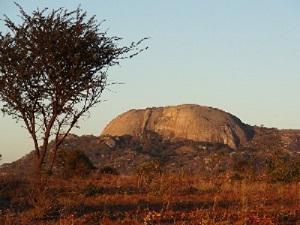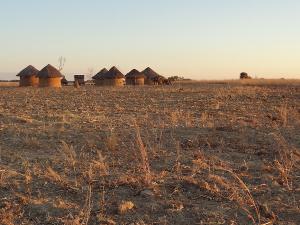Martin Dallimer
Other projects
3 Sep 2014
Conserving Bird Communities in a Small-Scale Agricultural System in Southern Zimbabwe
The aim of the project is to gather some of the first systematic data on the responses of the avian community to land redistribution and the resulting rapid land use change.
Land use change will remain a fundamental driver of biodiversity loss worldwide for the foreseeable future. In Zimbabwe, patterns of land use have been altered by a reform process which has resulted in the rapid redistribution of land as farmland is transferred to new owners.

Unsurprisingly, land redistribution has had knock-on effects for biodiversity. However, there are few data on the effects that this has had on the avian community. This is of particular importance given Zimbabwe holds 13 globally threatened species and a further 19 that are near-threatened. In addition, many of the country’s 20 Important Bird Areas fall outside the network of National Parks and therefore could be directly impacted by the land redistribution programme.

Working with Ngoni Cheweshe and Prof. Peter Mundy, this project will carry out the first comparisons of bird diversity and abundance between newly redistributed and remaining commercially owned land that once formed part of the same property – Debshan Ranch in central Zimbabwe.
In addition, we will attempt to re-establish long-term monitoring of two globally threatened species in Debshan Ranch, the southern ground hornbill Bucorvus cafer and the Cape vulture Gyps coprotheres. Prior to land redistribution, ground hornbills were abundant in Debshan. While the Wabai Hills Important Bird Area (IBA) covers around 100 ha of the ranch and includes the most northerly day roost for the Cape vulture in southern Africa and the only site for the species in Zimbabwe. Both species are known to be vulnerable to habitat destruction, persecution and human disturbance. Although it is likely that these key species have suffered from declines since the establishment of newly settled farms, it is currently unknown how these populations have responded to the land redistribution programme.